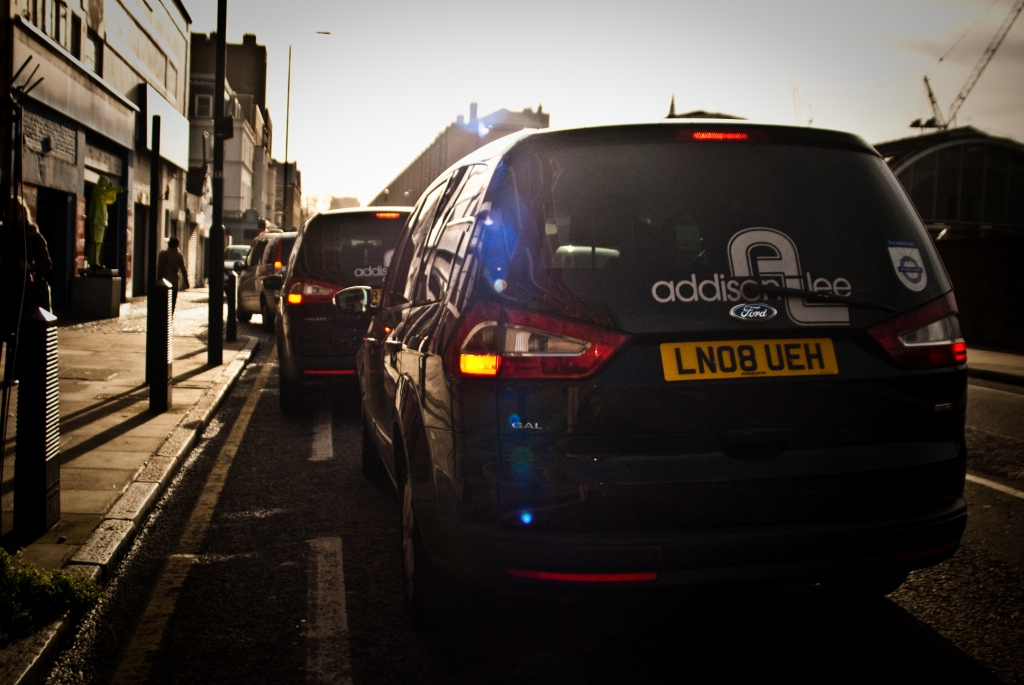Addison Lee Driving Jobs Vacancies


According to the company, the app is so popular that it now has two versions, one a ‘classic’ version of the original app and an updated app that now has ‘more than a million users’. A surprisingly high number suggesting that one in eight Londoners has downloaded it. Be that as it may be, the company turns over £200 million in revenues and its drivers make 30,000 journeys a day, as well as delivering 2,000 parcels; another element to its services. In 2013 the company was acquired by The Carlyle Group for a reported £300 million to ‘grow the company internationally’, which has led to a recent move to New York with 50 of the company’s employees. The company’s CTO, Peter Ingram has been with the company for almost three decades and has seen huge changes in Addison Lee’s business, not least the vast fall in the cost of GPS and its decision in 2001 to revamp its control room experience and install proprietary technology to scale its business. Middle-aged and patched up after a recent skiing accident with bandages and bruises around his eyes, Ingram doesn’t look like a typical London entrepreneur, but he believes the company has the soul of an ongoing startup.
Sep 21, 2013. Drudge Blogger Template Style here. Until recently, leaving a big London party or a Mayfair club at closing time meant joining a forest of waving arms: fellow departees jostling for the.
“In many ways we are a 40-year-old startup, albeit one that is ten times bigger than its nearest competitor. We’ve had four decades to understand this business and our technology means that we are saving our drivers 18,000 ‘dead miles’ a day, which is good for them and even better for the environment”, he says. He goes on to say that the company likes to buy its nearest competitor every year and grow its business that way, a strategy that seems counter-intuitive to a startup, but one that makes sense if the money in the bank allows it to do so.
Ingram’s mention of dead mileage means the number of miles drivers have to make without a passenger or parcel on board. Addison Lee’s proprietary auto-allocation technology Shamrock is responsible for this; it plots the nearest ten drivers to every new job and allocates it to the one that can pick up the passenger the fastest. Moreover, when times are busy and business is spiking, the company sticks to the prices it offers to its customers and doesn’t initiate ‘surge pricing’, the controversial metric and pricing that Uber uses when demand is at its highest. A brief tour around the Addison Lee offices in Camden shows a company that appears to be on its game and 40 years doing business in London means it is not a sitting duck to the likes of Uber, but perhaps its biggest challenges are yet to come. Uber isn’t afraid to take on its older competitors either, so this could be an interesting arena in the coming months, and a fight that London’s black taxi drivers can, for once, step back from. This potential scrap is unlikely to go in a straight line from A to B, rather like the cab and taxi drivers from 40 years ago.